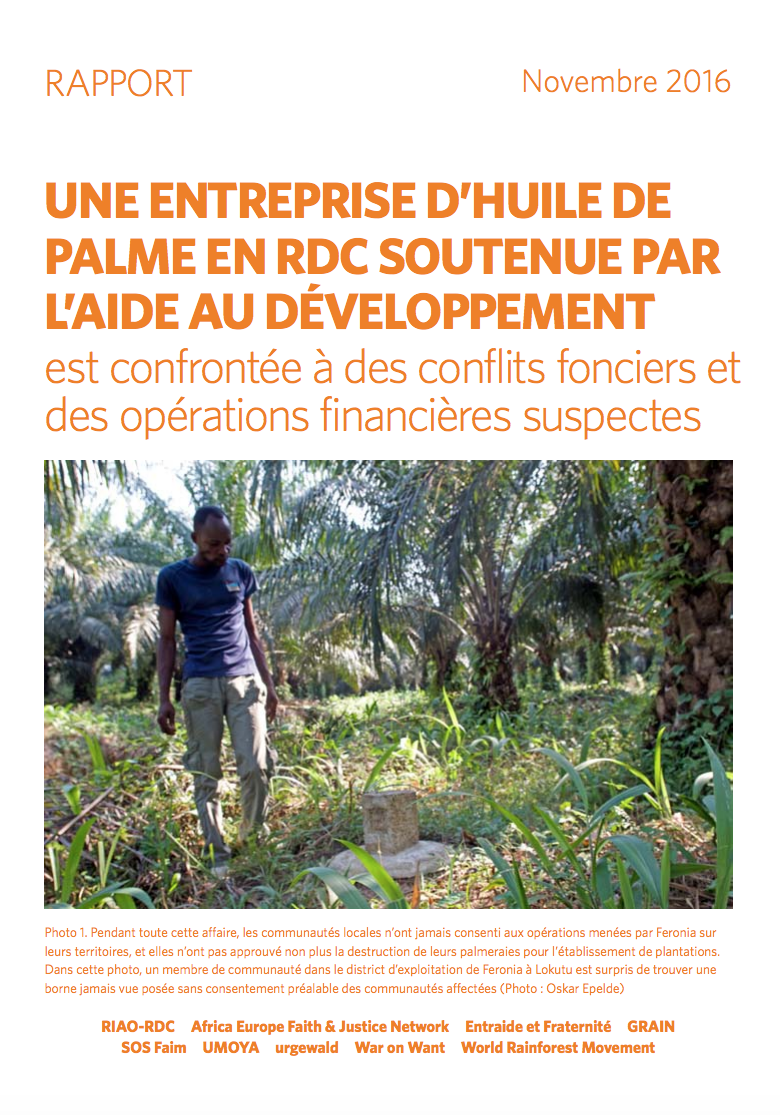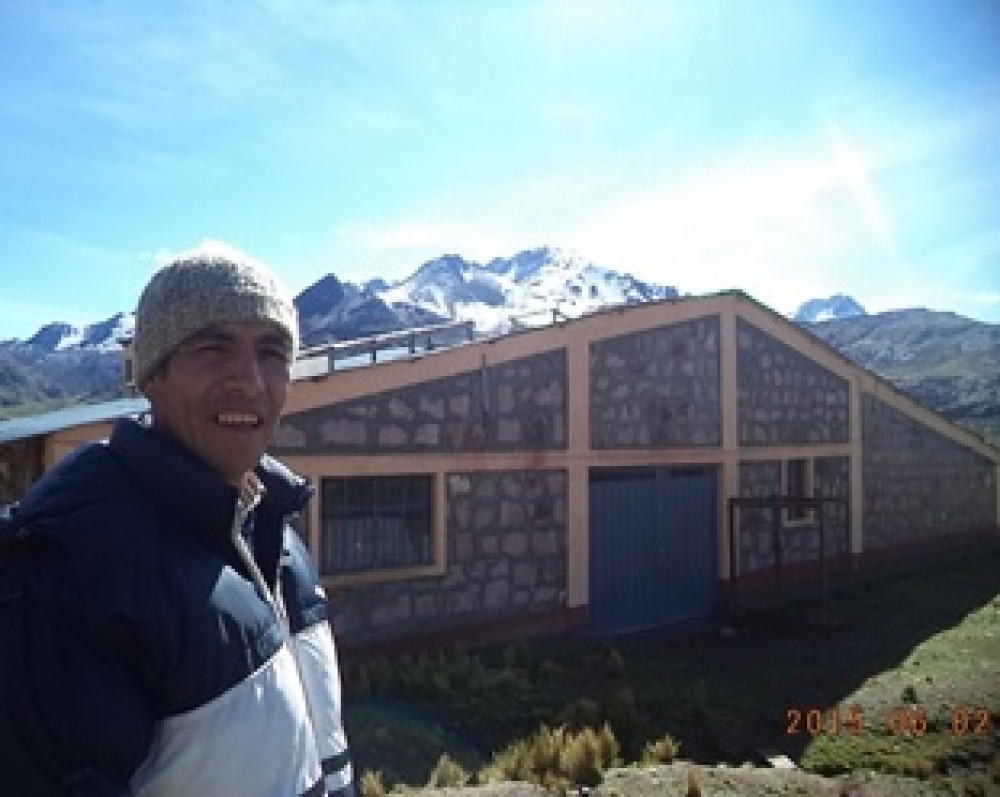Land Grabbing & Poverty in Cambodia: The Myth of Development
ABSTRACTED FROM THE INTRODUCTION: There is little evidence... that ordinary Cambodians are benefiting from the mass confiscation of their land. On the contrary, those who are displaced are explicitly excluded from any benefits, and instead find themselves facing loss of income, poor health, lack of education and other dire consequences that are directly opposed to the government’s public commitment to development, expressed through targets such as the “Millennium Development Goals” (MDG).




